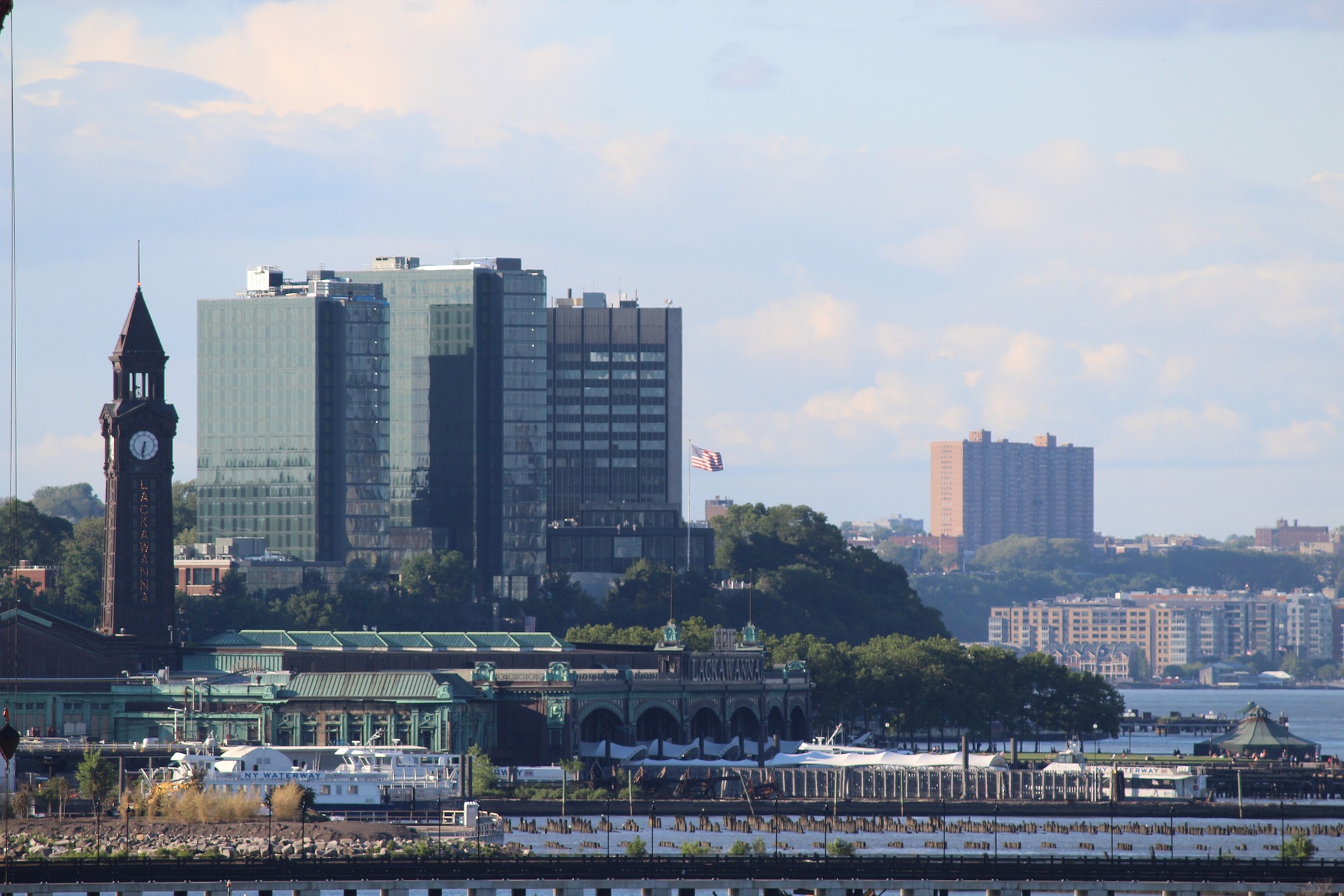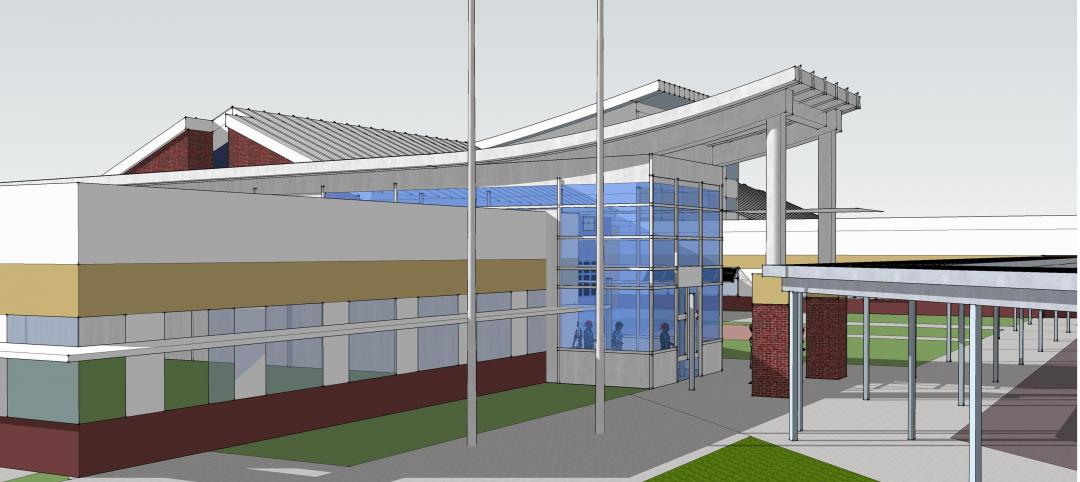Transportation policies enacted in Hoboken, N.J. over the past several years are paying off in the form of fewer pedestrian deaths and injuries.
The city has adopted daylighting, bike lanes, lower speed limits, and intersection redesigns to make its roads safer. The citywide speed limit was reduced to 20 miles per hour. Crosswalks have been painted and repaved to make it easier for drivers to see them. More than 40 curb extensions have been installed to direct cars farther from intersections. Bike lanes now grace about half of Hoboken’s roads.
The mayor says that a bucket of paint enables the city to create a curb extension and high visibility crosswalks to realize a much safer environment at a modest cost. The measures taken by Hoboken have resulted in no traffic death since January 2017, with injuries falling 41%. This safer environment occurred while pedestrian deaths in the U.S. reach 40-year highs.
Daylighting, implementing measures that prevent cars parking at the corner of an intersection, has been a key strategy. This initiative was realized with bump outs—extensions of sidewalks or the creation of small rain gardens in lieu of additional pavement, or the addition of bike racks or bollards.
Related Stories
| May 25, 2012
Study: Safety inspections don’t hurt the bottom line
A new study suggests that random safety inspections by regulators help reduce injury claims without hurting profits.
| May 24, 2012
2012 Reconstruction Awards Entry Form
Download a PDF of the Entry Form at the bottom of this page.
| May 17, 2012
New standard for Structural Insulated Panels under development
ASTM International and NTA, Inc. are developing a new standard for Structural Insulated Panels (SIPs) that would create a path for U.S. manufacturers to meet the requirements of the Canadian building code.
| May 17, 2012
Webinar: ‘What Energy Codes and Standards Are Adopted Where and by Whom’
A June 12 webinar by the Construction Specifications Institute will outline what energy codes and standards have been adopted in each of the states for commercial buildings, and what is anticipated to be adopted in the future.
| May 17, 2012
California Governor orders new green standards on state buildings
California Gov. Jerry Brown issued an executive order recently that calls for all new or renovated state buildings of more than 10,000 sf to achieve LEED Silver or higher and incorporate clean, onsite power generation.
| May 17, 2012
New Zealand stadium roof collapse blamed on snow, construction defects
Heavy snowfall, construction defects, and design problems contributed to the collapse of the Stadium Southland roof in New Zealand in September 2010, a report has found.
| May 17, 2012
OSHA launches fall prevention campaign
The Occupational Safety and Health Administration (OSHA) recently launched an educational campaign to prevent deadly falls in the construction industry.
| May 15, 2012
Suffolk selected for Rosenwald Elementary modernization project
The 314-student station elementary school will undergo extensive modernization.













